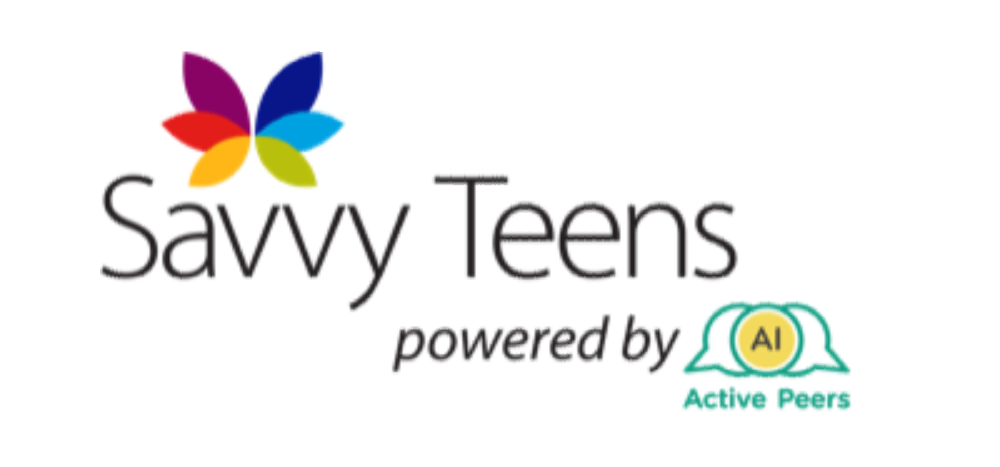Format 3: Address Participants’ Assumptions
In this blog post, we will discuss an interesting session format for conducting sessions with guest speakers. Specifically, we will focus on Format 3, which involves addressing participants' assumptions.
The Purpose of Recording Assumptions:
Recording assumptions before the session serves as an important activity that can enhance online engagement. This practice was developed during lockdown when online interactions became more prevalent. It allows participants to reflect on their assumptions and encourages them to think critically about their beliefs.
How to Document Assumptions:
To begin, the facilitator should provide parameters and examples of assumptions related to the topic at hand. This could include assumptions about the future of work, personal goals, or potential changes in the industry. Participants are then asked to list their assumptions and explain why they hold those beliefs. To further strengthen the exercise, participants are encouraged to find credible sources that support their assumptions.
Using Google Sheets for Collaboration:
During online sessions, using tools like Google Sheets can enhance collaboration and data analysis. Participants can create a shared document where they record their assumptions and use various techniques such as drop-down menus and conditional formatting to gather opinions and track the number of agreements and disagreements. This enables participants to see how their assumptions compare to others' and fosters a sense of collective learning.
Benefits of Addressing Assumptions:
When a guest speaker is invited to address participants' assumptions, several positive outcomes can be achieved. Firstly, it provides the speaker with an opportunity to review and prepare responses in advance. However, it is equally beneficial for the speaker to be authentic and transparent if they don't have all the answers. This authenticity helps build trust and fosters meaningful conversations.
Additionally, participants gain confidence by hearing their own researched assumptions being addressed by a thought leader or authority figure. This interaction creates a mentoring dynamic and promotes active engagement. It also levels the playing field, ensuring that everyone has something to contribute.
Managing Time and Addressing Assumptions:
It is important to note that addressing all assumptions within a limited time frame can be challenging. Some participants may elaborate extensively, leading to time constraints. In such cases, facilitators can suggest continuing the discussion in future sessions or assigning it as a topic for further exploration. Alternatively, participants can reach out to the speakers directly or connect via LinkedIn to continue the conversation.
By incorporating Format 3 - Address Participants' Assumptions, session organisers can create an engaging and inclusive experience for both speakers and participants. This format encourages critical thinking, collaboration, and authentic dialogue, which ultimately leads to a more productive and enriching session.












